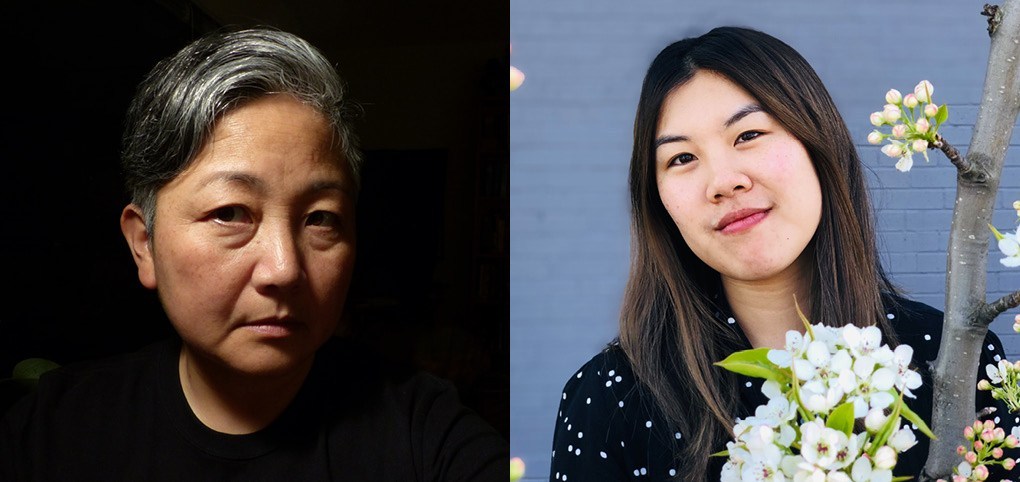The Bulletin | BY JOHN ENDO GREENAWAY | JULY 13, 2020
#dailyquarantinecomic from March 27, 2020 by Erica Isomura (@ericahiroko)
ERICA There is much about my identity that has taken me years to unpack and articulate. There is something about the act of writing that enables me to share my experiences in a way that I am not always comfortable doing with people in person or at the workplace, wherever. It feels safer on the page somehow.
Back in 2016, I submitted an article for The Bulletin titled, “Reflecting on racism: why race still matters in 2016,” co-written with my sister Kayla and my friends Lucas Wright, Kendall Yamagishi, Elena, and Ren Ito. These were not necessarily comfortable conversations for each of us to have over Thanksgiving dinner with our families, but they were ideas that we wanted to express as young people who saw the way our community had been historically displaced/discriminated against and made connections to the way Black and brown communities were (and are) still being targeted. I could probably re-write that same article today in the context of ongoing police brutality, resource extraction on unceded Indigenous territories, etc.
These days, my writing is more literary than journalistic, but the work comes from a similar place of wanting to use creative tools to connect with peoples’ emotions to uncover truths that are difficult to face head on. The stories that live within me and my lineage as a fourth gen JC and Chinese Canadian aren’t always pretty, but writing can make them accessible and easier to share with others.
How have you been coping with the quarantine? Have you begun the process of emerging into this fraught new world?
ERICA When the pandemic first began, I started creating poetry installations in my living room window, facing the street. Every week or two, I would use various materials in my house (butcher paper, tissue paper, packaging from online orders, pages from the March issue of The Bulletin, actually!) to create a new line of poetry, which was also a “found poem.” Funnily, a lot of those lines were drawn from a phone conversation that Hiromi and I had when the pandemic first began while we were discussing the uncertainties of the coronavirus.
I found it incredibly difficult to write when the pandemic began and I first began working at my job from home. I just had no energy to put into writing about what was happening for the first month, as least, but I began drawing comics in my journal to reflect my strange day-to-day life and this bizarre “new normal.” I’ve eased up on drawing diary comics as I’ve begun to work on writing projects again, but from time-to-time I am still drawing and documenting in that way. I call the series my #dailyquarantinecomic and one of them will be printed in the art zine that Queer Art Festival is printing for this year’s festival. I believe they will be mailing copies to their members and donors.
HIROMI It’s been a struggle to write consistently for quite some time for me. I’m trying to become more comfortable with these periods of fallow. The pandemic has had a dampening effect upon any kind of creative dreaming. Thoughts would jump, it was hard to focus. I feel scattered. But Erica and I arrange writing dates on Facetime. We’d be at our desks in our own homes, and just write at the same time. This helped to tether us into a form of writing. Holding each other accountable made it easier to actually work on something.
Are there any positives that have come out of this upside-down-world for you personally? Have you discovered anything about yourself or the world that has surprised you?
HIROMI In some ways the pandemic has made me and my ex-husband better parents to our adult children?? (You’ll have to talk to them to confirm!) The children are both grown and I think we as parents had grown rather comfortable assuming they were okay living separate adult lives. But the children were both laid off and had more spare time. Their father and I made greater efforts to be in more regular touch, take them grocery shopping and out for walks. This has been a surprising renewal of bonds.
ERICA I was also temporarily laid off from my job in April because of COVID, which means I have had more time to write and live in my creative process, which to be honest, has been pretty great. Although my social circle is much smaller, I’ve become closer to the people I talk with regularly. I talk to my parents and my Popo (my mom’s mom) over the phone more often and my extended family chats on zoom every two weeks. A friend who lives within walking distance of me has become my pandemic bestie, which is really sweet to have. Last year, I faced some difficult personal challenges and so I’m extremely grateful for the people and relationships in my life at this moment.
Do you see the COVID19 crisis and the subsequent lockdown impacting your writing? If so, how?
HIROMI I’m trying to integrate the kind of fragmented state of my mind with some of the photos I’ve been taking. My tech-savvy partner Dana Putnam showed me how I could add text into the photos so I’ve been working some visual poems. There’s something about the materiality of this form that is very satisfying, especially when the long-form ideas are not taking shape. There is always some way to find a shape of creativity. This is good for our mind and spirit.
ERICA There is a folder saved on my laptop named “coronavirus” where I have saved various fragments of writing that have come to me since the lockdown. The piece I am currently working on is about distance, both what we lose and what we gain from having it.

